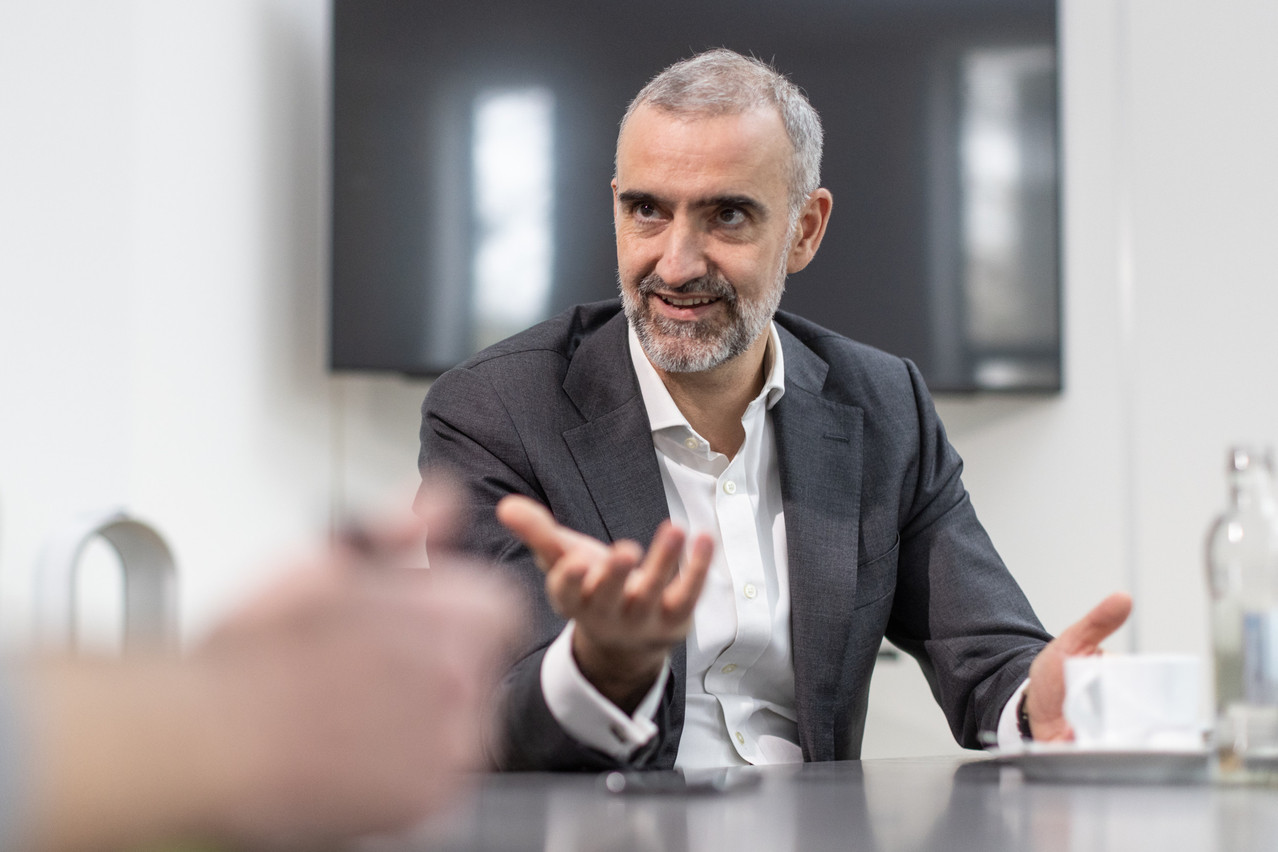Over the past decade, Luxembourg has consolidated its position as a premier domicile for private asset funds and alternative investment fund managers (AIFMs), emerging as a strategic hub for private equity, real estate, infrastructure and private debt funds. The Luxembourg Financial Sector Supervisory Commission (CSSF) has played a significant role in shaping an environment that is both rigorous and investor-friendly, making Luxembourg a preferred destination for fund managers and investors alike.
Trends driving growth
One of the most prominent growth drivers for private asset funds is the increased demand for alternative investments. With traditional asset classes offering lower yields, institutional and high-net-worth investors have been seeking alternatives, such as private equity and real estate, that can offer better returns and diversification benefits. Luxembourg has indeed witnessed an eye-popping growth of 50% p.a. of assets in these structures over the past five years which, combined with other legal structures, brings the total assets under management in alternatives domiciled in Luxembourg to roughly €2trn.
This context has helped Luxembourg move up the value chain. Roles such as deal structuring, risk management, valuation and investor relations are now covered in the country, solidifying Luxembourg’s position as a leading jurisdiction for value creation.
Future outlook
The ever-evolving regulatory environment, new ESG requirements and increasing scrutiny of private asset funds by European policymakers and regulators may continue increasing compliance costs for GPs.
Competition from other fund domiciles, such as emerging hubs in Asia and the Middle East, also poses a threat. Additionally, as a result of the tremendous growth experienced in private assets, Luxembourg faces a talent shortage in key areas such as finance, compliance and technology.
To address these challenges and capitalise on opportunities, Luxembourg is pursuing several strategic initiatives. Public-private partnerships, involving collaboration between the government, government agencies, financial industry participants and industry bodies like Alfi, play a crucial role in driving innovation and ensuring the competitiveness of Luxembourg’s financial sector. The government has, for example, recently proposed supportive policies, including tax incentives and legal reforms, to further attract talent, ensure competitiveness and promote the fund industry.
Technological innovation also plays a key role in ensuring competitiveness and scalability of the Luxembourg private assets fund industry. The rise of fintech, blockchain and digital assets is transforming how funds operate and are distributed. Fund tokenisation could prove to be a game changer in how private asset funds can be accessed by investors and could pave the way for the creation of large-scale secondary market platforms.
AI has the ability to help Luxembourg further scale its business operations and accommodate the strong growth, whilst alleviating some of the resource shortage. Luxembourg needs to continue adapting by embracing these technologies, enhancing its appeal to tech-savvy GPs and investors looking for innovative solutions.
Looking ahead, Luxembourg is well-positioned to maintain its leadership in the private asset fund space. Projections indicate robust growth in the coming years, with sectors like technology, infrastructure and sustainable investments likely to see significant expansion.
This guest contribution originally appeared in the October 2024 on private market funds and Luxembourg’s fund ecosystem
